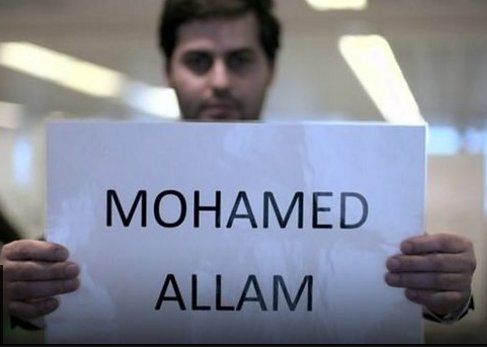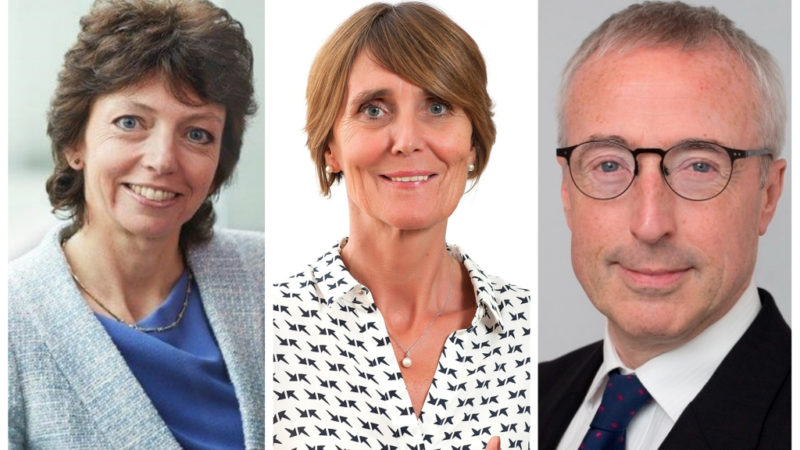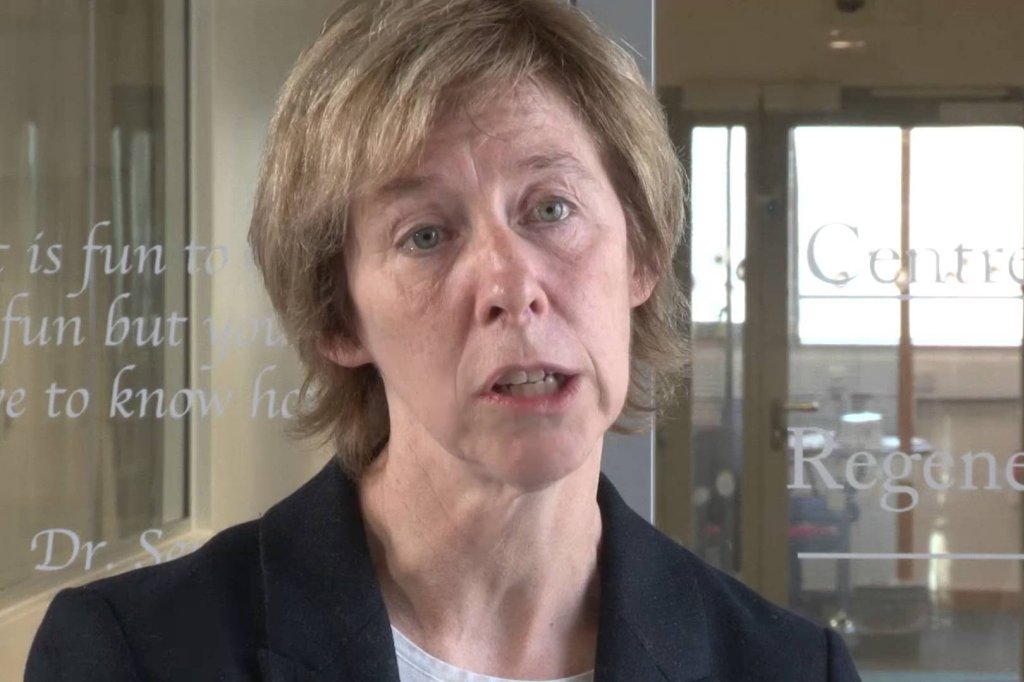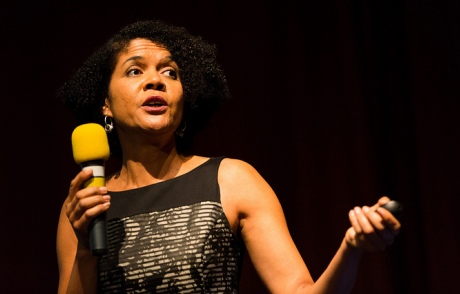Unconscious bias remains unchanged

A BBC Inside Out investigation has found that in Britain, it is easier to get a job if you are named Adam rather than Mohamed. Inside Out London sent CVs from two candidates, "Adam" and "Mohamed", who had identical skills and experience, in response to 100 job opportunities. Adam was offered 12 interviews, while Mohamed was offered four. Although the results were based on a small sample size, they tally with the findings of previous academic studies. These have found British Muslims are less proportionately represented in managerial and professional occupations than any other religious group.
Muslim men are 76% less likely to be employed than their white Christian counterparts, according to research by the Research Centre for the Study of Ethnicity and Citizenship at the University of Bristol. The last census in 2011 showed Muslims make up just over 1 million of the capital's 8.2 million inhabitants. But more than half of Muslim households are in poverty, higher than any other social group, according to the Muslim Council of Britain.
Professor Binna Kandola, OBE, commented, "the BBC has found that when employers receive CV’s which are identical apart from the name, candidates with “British” sounding names are three times more likely to be selected than those with “Muslim” sounding names. This experiment is shocking and unsettling to say the least, as it reveals a huge bias to those candidates who we don’t believe to be “British” in the same way as their English-sounding counterparts.
What is truly horrifying is that this survey was first carried out 13 years ago, in 2004. This means that the BBC survey becomes depressing in two ways. Firstly, because this discrimination is so prevalent in a country which prides itself on being a “fair play” one. Secondly, because the situation appears to not have changed: it has remained the same for over a decade.
We need to start addressing unconscious bias in the workplace, especially the recruitment process. When employers are not held accountable for their decisions, or when there is little or no transparency around hiring processes, the likelihood of discrimination increases. We must work towards delivering hiring practices which protect people from these inherent biases – as they are often based on factors which lie far out of the candidate’s control”.
Click here for further information about the BBC Inside Out programme




